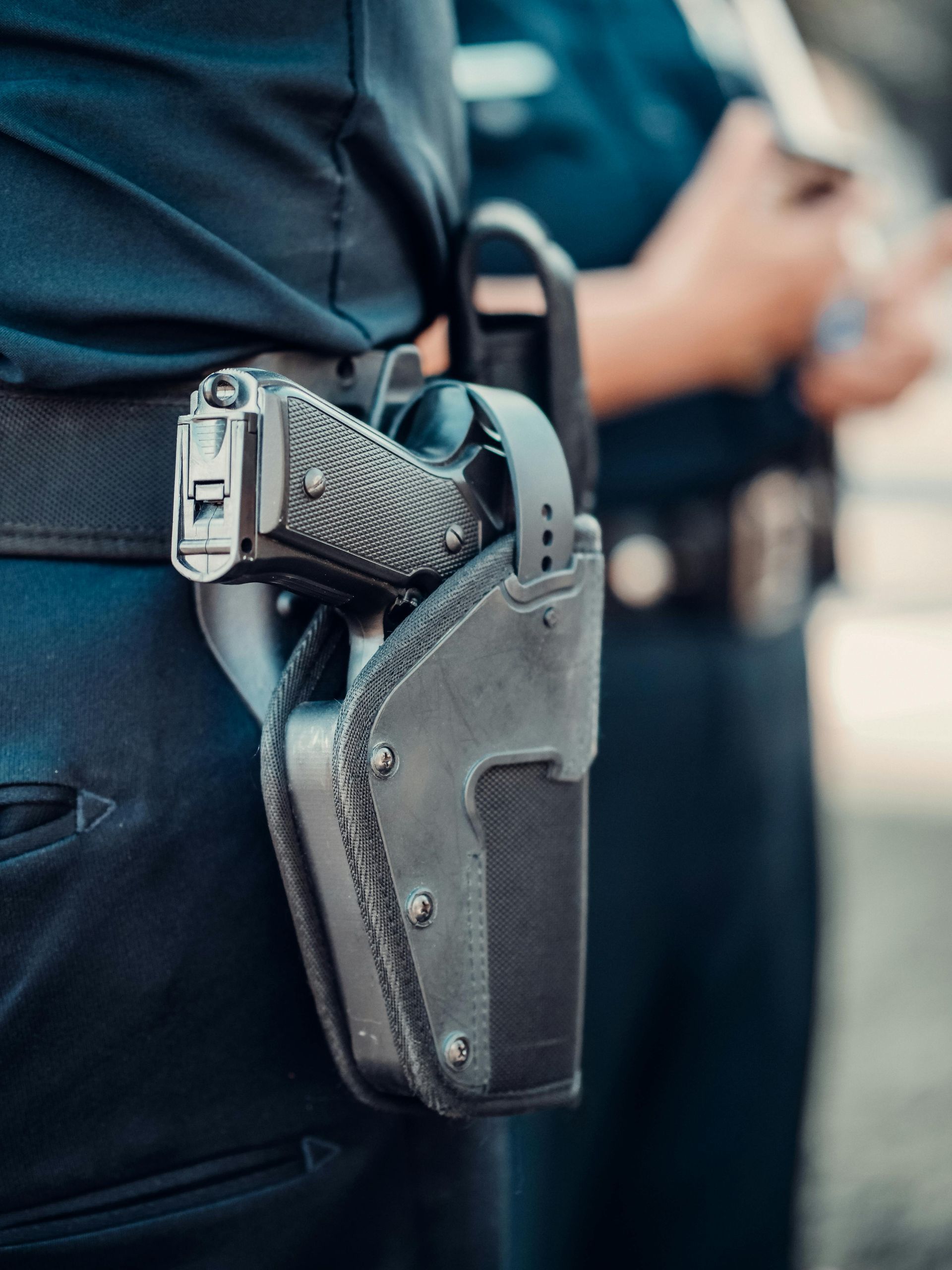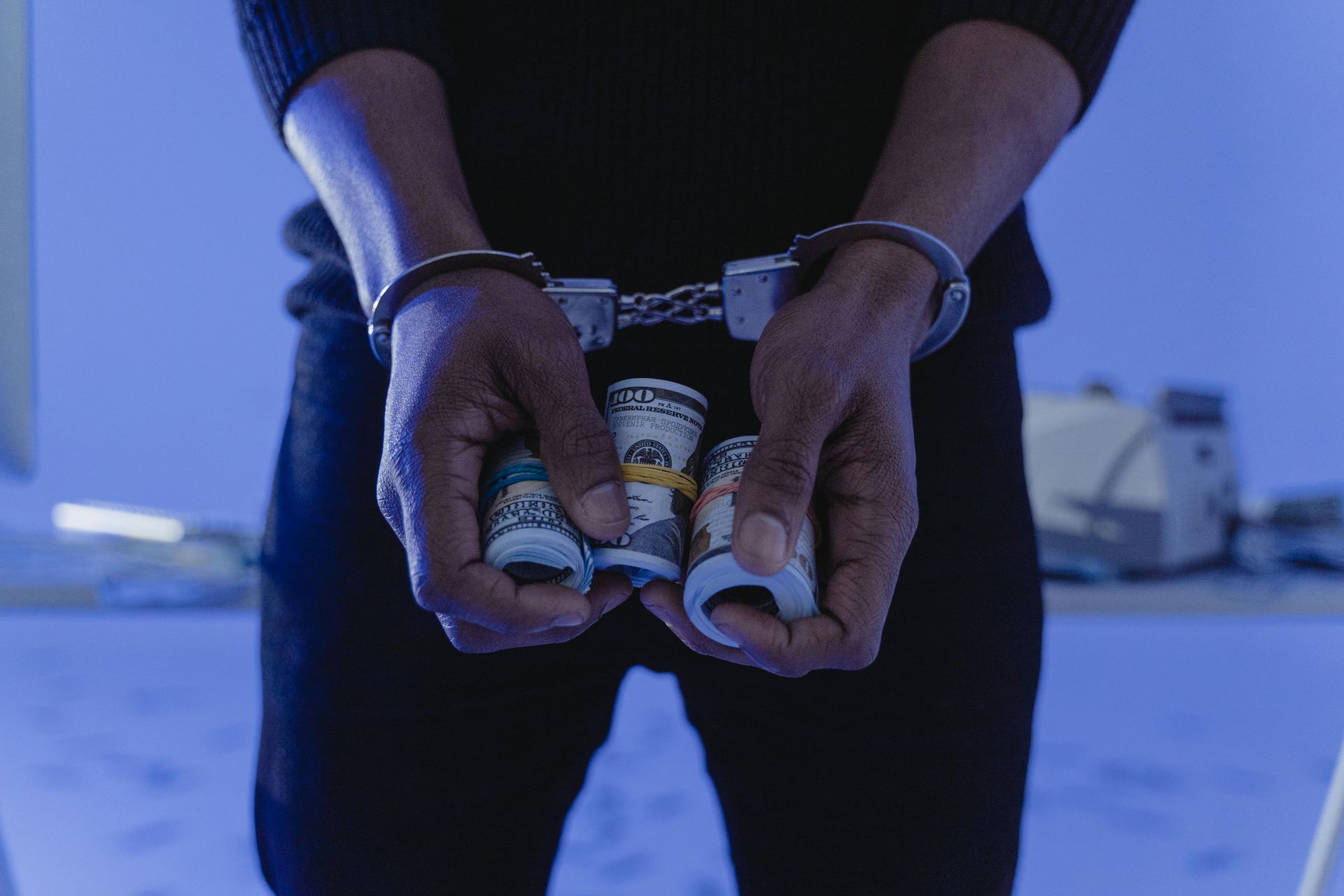November 22, 2024
Facing a federal drug trafficking charge can feel overwhelming and scary. The stakes are high, with serious consequences like long prison sentences and hefty fines. If you’re in this situation, take a deep breath—you’re not alone. You can successfully negotiate the procedure and create a compelling defense with the help of a Miami federal drug charges attorney . The most important thing you can do is stay calm, know your rights, and take quick steps to protect yourself. We at MPM Law, have helped many people in Miami navigate complex federal charges, and we’re here to help you. This guide explains what you should do if you’re accused of federal drug trafficking and how an experienced attorney can make a difference. 1.Understand the Severity of the Charges Federal drug trafficking is very different from simple possession charges. It involves allegations of transporting, distributing, or selling drugs, and these cases are handled by federal prosecutors with extensive resources. Charges often arise under the Controlled Substances Act, which includes strict penalties based on the type and quantity of drugs involved. Key Details to Know: What Makes It Federal: Crossing state or international borders or using federal resources (e.g., postal services) can trigger federal jurisdiction. Mandatory Minimum Sentences: Federal drug trafficking charges often come with mandatory prison terms that depend on the drug type and amount. For example, trafficking 500 grams of cocaine carries a mandatory minimum of 5 years in prison. Other Penalties: Convictions can also lead to large fines, asset forfeiture, and long-term restrictions on your rights. Understanding the stakes is critical. This isn’t something you can handle alone. 2. Don’t Say Anything Without an Attorney The most important thing you can do is stay quiet. Anything you say—whether it’s to law enforcement, friends, or family—can be used against you. Federal agents and prosecutors are trained to build their case from your words, even if you think you’re being helpful. What to Say Instead: “I would like to speak to my attorney.” “I am invoking my right to remain silent.” That’s it. Let your attorney handle the rest. 3. Hire an Experienced Federal Defense Attorney Federal drug trafficking cases are complex, and you need someone on your side who knows how the system works. A skilled Miami attorney with experience in federal cases can give you the best chance of protecting your rights and reducing the impact of these charges. How an Attorney Can Help: Understand the Charges: The advantage of having an attorney is that they can explain the charges against you and what the prosecution must prove. Challenge the Evidence: They will look for weaknesses in the government’s evidence, such as illegal searches, unreliable witnesses, or lack of intent. Negotiate on Your Behalf: In some cases, your attorney can negotiate reduced charges or penalties, especially if mitigating circumstances exist. We at MPM Law have years of experience handling federal cases and know how to fight back against aggressive prosecutors. 4. Collect Evidence and Keep Track of Details Work closely with your attorney to gather any evidence that can help your case. This might include: Texts or Emails: Any communication that contradicts the prosecution’s claims. Financial Records: Proof that you aren’t involved in illegal activity. Witnesses: People who can vouch for your whereabouts or intentions. If law enforcement has seized evidence, your attorney can work to challenge how it was obtained, especially if your rights were violated during the investigation. 5. Consider Your Options Carefully Sometimes, working with federal authorities can lead to reduced penalties, but this is a significant decision that should only be made with the advice of your attorney. Cooperation might require sharing information about others involved, which can have serious implications for both your personal safety and legal situation. Your attorney will help you weigh the risks and benefits and ensure that any agreements with prosecutors are fair and protect your interests. 6. Focus on the Prosecution’s Burden of Proof Keep in mind it is the government’s burden to every element of the charge beyond a reasonable doubt. Your attorney will focus on creating doubt in the prosecution’s case by examining their evidence, witnesses, and methods. Possible Defense Strategies: Illegal Search and Seizure: If evidence was obtained without a proper warrant or probable cause, it may be excluded. No Intent to Distribute: The government must prove you intended to sell or distribute the drugs. Simply possessing drugs, even in large amounts, isn’t enough. Mistaken Identity: You may have been falsely accused or caught up in someone else’s illegal activities. 7. Understand Potential Defenses Building a solid defense is essential in fighting federal drug trafficking charges. While every case is unique, here are some common defense strategies that might apply to your situation: Illegal Search and Seizure Law enforcement must follow strict procedures when conducting searches or seizing evidence. If your Fourth Amendment rights were violated—for example, if the search was conducted without a warrant or probable cause—your attorney may be able to have the evidence excluded from the case. Example: If drugs were found during an unlawful traffic stop, your attorney could argue that the evidence was obtained illegally and should not be used in court. Lack of Intent to Distribute Possessing a large quantity of drugs doesn’t automatically prove intent to distribute. Your attorney can argue that the drugs were for personal use or challenge the prosecution’s interpretation of evidence, such as packaging materials or cash. Example: Just because you were found with multiple packages of a substance doesn’t mean you intended to sell them. Your attorney can dispute the prosecution’s claims. Mistaken Identity In some cases, you may be falsely accused or wrongfully associated with drug trafficking activities. This often happens in large-scale investigations where individuals are misidentified or targeted based on limited evidence. Example: If you were in the wrong place at the wrong time, your attorney can demonstrate that you had no involvement in the trafficking operation. Entrapment If law enforcement pressured or coerced you into committing a crime that you wouldn’t have otherwise committed, your attorney could raise an entrapment defense. Example: If undercover agents encouraged you to transport drugs without prior involvement in trafficking, this could be grounds for an entrapment defense. What You Can Do to Help Yourself While your attorney will handle the legal strategy, there are proactive steps you can take to strengthen your case and protect your future: Stay Off Social Media Avoid posting anything on social media while facing federal charges. Prosecutors may monitor your online activity for information that could harm your defense. Even unrelated posts can be taken out of context and used against you. Instead, focus on communicating privately with your lawyer and following the legal process. Attend All Court Hearings and Meetings In order to avoid facing even more serious charges or having a warrant issued for your arrest it is important to appear in court. Be on time, dress professionally, and do as your lawyer instructs. Your presence demonstrates that you are taking the case seriously. Prepare for the Long Haul Federal cases often take months or even years to resolve. Be patient and trust the process. Rushing can lead to mistakes that harm your defense. Stay in close contact with your attorney, who will update you on developments. Avoid Making Emotional Decisions Legal troubles are emotionally draining, especially if you are facing life changing charges. Therefore, it is imperative to avoid making decisions out of fear or frustration that can possibly worsen your situation. Rely on the guidance of a skilled Miami federal defense attorney to make informed choices based on facts, not emotions. Stay Compliant with Release Conditions If you are released under supervision or on bond, abide by all rules established by the court. If these conditions are broken, the release may be revoked or subject to more severe sanctions. If you have any questions regarding any criteria, speak with your Miami federal drug charges attorney. Educate Yourself About Federal Sentencing Federal sentencing guidelines are complex and take into account factors like: The quantity of drugs involved. Your criminal history. The presence of aggravating or mitigating factors. While your lawyer will handle most of this, understanding the basics can help you stay informed and engaged in your case. Focus on Rehabilitation If your case involves substance abuse issues, demonstrating a commitment to rehabilitation can improve outcomes. Courts may see participation in treatment programs as an indication of personal development and accountability. Discuss with your Miami federal drug charges lawyer whether this approach could benefit your defense. Plan for Life After the Case Regardless of the outcome, life will continue after the case is resolved. Start thinking about how to rebuild and move forward. Your lawyer may be able to guide you on sealing records or restoring rights if applicable. Stay Out of Trouble While your case is pending, avoid any activities that could make your situation worse, such as violating bail conditions or associating with individuals involved in illegal activities. Conclusion Facing federal drug trafficking charges in Miami is a serious matter, but you don’t have to face it alone. With the support of a skilled Miami federal drug charges lawyer , you can navigate the legal system and work toward a resolution that minimizes the impact on your life. Remember, every case is different. The most important thing you can do is act quickly and stay proactive in protecting your rights. Following the steps outlined in this guide will put you on the path to addressing the charges effectively and preparing for the road ahead. To safeguard your rights and future, it is essential that you or someone you know have experienced legal counsel if you or they are charged with drug trafficking in Miami. With personal attention and dedication to attaining the best possible result, MPM Law is here to give you the robust defense you require, assisting you at every turn during the legal process. Avoid risking your liberty—get in touch. Call 305-330-5445 to schedule a private consultation with MPM Law and start the process of defending your case.










